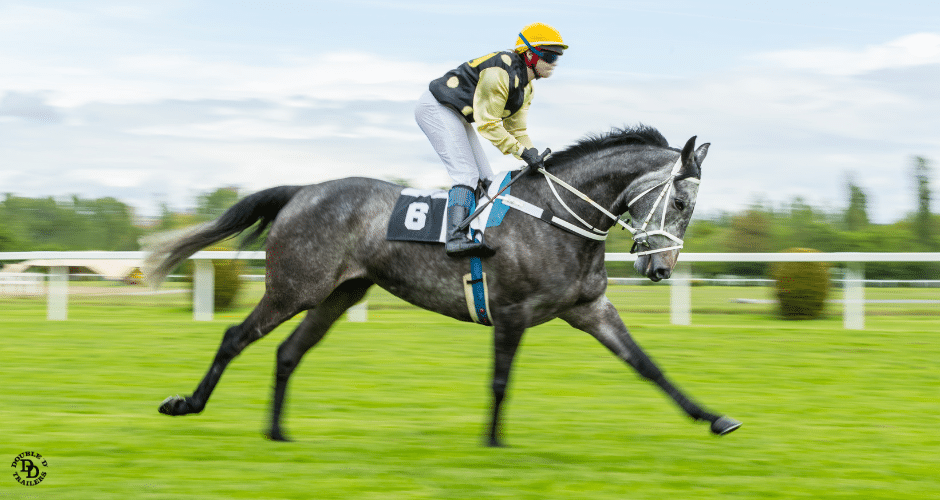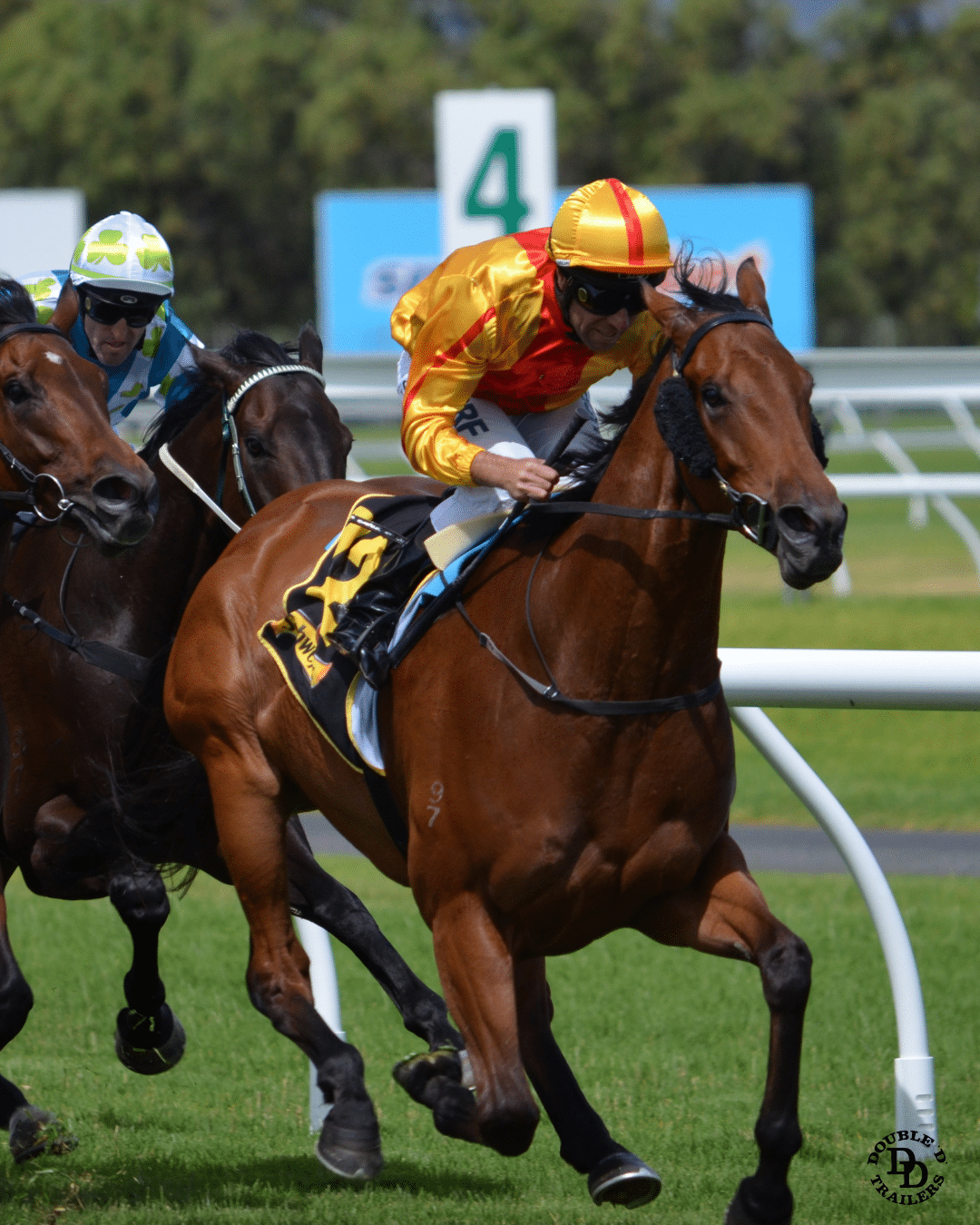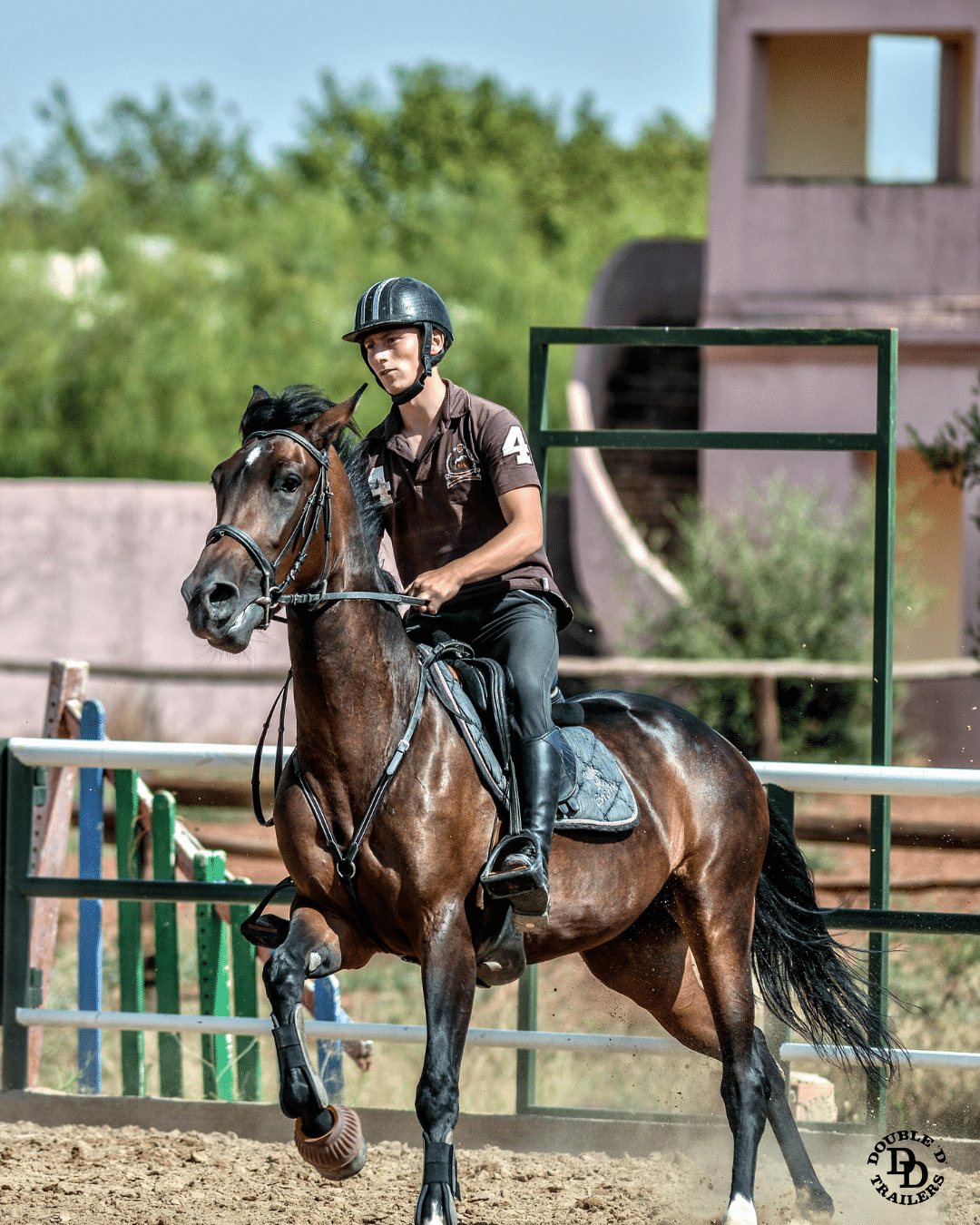Horse Jockeys: Size, Salary, Training & Surprising Facts
Everything You Need to Know About These Elite Equestrian Athletes
What Is a Horse Jockey?
A horse jockey is a professional rider who competes in organized horse races. These athletes aren’t just skilled riders, they’re experts in balance, strategy, and physical conditioning, often maintaining rigorous diets and training schedules to remain race-ready.
What Does a Jockey Do Besides Ride?
While riding is the most visible part of their job, jockeys also:
- Strategize with trainers about horse behavior and track conditions
- Study competitors and tailor race plans accordingly
- Maintain strict weight requirements for fairness and performance
- Analyze post-race performance to improve future results
What's the Difference Between a Jockey and an Exercise Rider?
- Exercise riders train horses during non-race times to keep them fit and conditioned.
- Jockeys ride during actual races, earning purses or prize percentages.
Some exercise riders eventually become jockeys, gaining valuable experience along the way.
How do jockeys get selected for top races?
Jockeys don’t just sign up, they’re chosen by trainers or owners, often through their jockey agent. Selection is based on:
- The jockey’s past performance record
- Compatibility with the horse (some jockeys are paired repeatedly with specific mounts)
- The jockey’s current weight and ability to meet race requirements
- Relationships with trainers and owners
For high-stakes races like the Kentucky Derby, selection is extremely competitive. Top jockeys are often booked months in advance for elite horses.
Jockey Weight, Height & Fitness
How Much Do Horse Jockeys Weigh?
- Male jockeys: 113–118 lbs
- Female jockeys: 107–114 lbs
- Weight includes ~6–7 lbs of gear (saddle, tack, etc.)
Why Is There a Weight Limit for Jockeys?
To ensure fair competition and prevent overloading horses. Races cap combined rider + gear weight—e.g., the Kentucky Derby limit is 126 lbs.
What Happens if a Jockey Is Overweight?
Even 1–2 lbs over the limit can disqualify a rider. Pre- and post-race weigh-ins ensure compliance. If under, lead weights are added to the saddle.
What Is the Average Jockey Height?
- Most are 5’0” to 5’6”.
- There's no official height restriction, but staying lightweight while retaining strength is key.
How Do Jockeys Stay So Small?
Common weight-control methods include:
- Strict diets & daily workouts
- Hot baths & saunas (passive calorie burn)
- Occasional use of laxatives/diuretics (now banned in pro racing)
⚠️ Studies show that 75% of jockeys routinely skip meals, highlighting the intense discipline required.
What happens if a jockey is injured before a race?
If a jockey is injured before a race, several things can happen:
- A substitute jockey is quickly assigned, often from the same track or jockey colony
- The trainer and owner must approve the new rider
- In some cases, if no suitable replacement is available, the horse may be scratched (withdrawn) from the race
Tracks always have licensed jockeys on standby for this reason, especially at high-profile meets.
Career, Earnings & Industry Stats
How Much Do Jockeys Make?
- Average U.S. salary: ~$49,000/year
- Top jockeys earn over $25 million/year in prize cuts and sponsorships
- Take-home pay: 10% of winnings – minus agent (30%) and valet (~5%) fees
Who Is the Richest Jockey?
🇯🇵 Yutaka Take of Japan has earned over $970 million, with more than 4,500 career wins.
Did You Know?
Racehorses that jockeys ride are often hauled in gooseneck horse trailers for extra stability on long trips. Our patented SafeTack Reverse design keeps horses calmer and safer during transport.
Famous Jockeys: Big & Small
Who Are the Tallest and Shortest Jockeys?
- Tallest: Manute Bol (7’7”) – raced for charity
- Shortest: Kenneth Glover (4’0”), Bill Shoemaker (4’11”)
Most Famous Female Jockeys
- Julie Krone – first woman to win a Triple Crown race (1993)
- Rachael Blackmore – first female Grand National winner (2021)
- Hollie Doyle – record for most UK wins in a single season (151)
What age do most jockeys retire?
Most jockeys retire by their early 40s, though some continue into their 50s depending on health and success. The physical toll, combined with maintaining a low body weight, often leads to earlier retirement than in other sports. Some retired jockeys go on to become:
- Trainers
- Agents
- Racing stewards
- Commentators or analysts
Becoming a Jockey: What It Takes
Can anyone become a horse jockey?
Technically, yes, but it requires more than just passion. To become a jockey, you need:
- Light weight and short stature (usually under 120 lbs and under 5'6")
- Extensive training through a racing school or apprenticeship
- Licensing from a local or national racing authority
- Strong physical fitness, mental focus, and discipline
It’s a highly competitive career path that combines athleticism, horsemanship, and risk tolerance.
How Do You Become a Jockey?
- Start training early (many begin as teens)
- Attend racing schools or apprenticeship programs
- Pass fitness, riding, and theoretical tests
- Apply for a license with your local racing commission
Age Requirement
Most countries require you to be at least 16 years old, though some (like Australia) allow younger jockeys.
What Disqualifies Someone From Becoming a Jockey?
- Chronic medical issues (e.g., epilepsy, arthritis)
- Inability to meet weight/stamina benchmarks
- Felony criminal records
- Failing to complete required training or licensing
 Jockey Equipment & Race Prep
Jockey Equipment & Race Prep
What Gear Do Jockeys Wear?
- Helmet (HISA or internationally certified)
- Shock-absorbing vest
- Goggles, gloves, and grip boots
- Silks (colorful race jerseys for visibility)
- Modern whips (lightweight, humane encouragement tools)
What is the daily routine of a professional jockey?
Professional jockeys often start their day well before sunrise. A typical day may begin as early as 4:30 AM, with several workout rides at the training track before official races begin. Throughout the day, jockeys:
- Ride multiple horses during morning exercises
- Meet with trainers to strategize for upcoming races
- Follow strict diet plans to maintain race weight
- Review video replays and past performance data
- Travel frequently between racing venues
Many jockeys ride in 5–10 races per day, especially during busy race meets, requiring intense focus and stamina.
Do jockeys travel with the horses?
Not usually. While horses are transported in specialized trailers or by air with grooms and handlers, jockeys travel separately. Most often, by car or plane, especially between states or major tracks. However, top jockeys often have tight schedules and may ride at multiple tracks in different cities within the same week, sometimes even the same day.
How dangerous is being a jockey?
Being a jockey is one of the most dangerous careers in professional sports. Jockeys:
- Fall 1 out of every 100 rides on average
- Are at high risk for spinal injuries, broken bones, and concussions
- Must ride powerful animals at speeds over 40 mph, often just inches from other horses
Since 1950, more than 100 jockeys have died in racing incidents, and dozens more have been permanently paralyzed. Today, advanced helmets, vests, and medical protocols have significantly reduced fatality rates, but the risk remains real.
Why Horse Transport Matters for Jockeys Too
Why Does Trailer Quality Matter for Racehorses?
A poorly designed trailer can leave a racehorse:
- Dehydrated
- Injured
- Too stressed to perform at its peak
If a jockey’s career depends on the horse’s condition, then how that horse travels is just as important as how it trains. One mistake during transport can ruin your racehorse’s condition... fatigue, stress, or injury could cost you the win. Check the 16 essential safety features your trailer must have before it’s too late.
Must-Have Horse Trailer Features for Race Readiness
- Slant-load or rear-facing design for better balance
- Bright, open, ventilated interiors
Non-slip flooring and padded walls - Quick-access loading ramps and stall dividers
🐎 A racehorse’s journey starts in the trailer. Don’t let poor transportation affect performance or safety. From non-slip flooring to bright interiors, learn more about the features that make the best horse trailers.
Ready to Give Your Racehorse a Safer Ride?
We’ve spent 25+ years helping equestrians like you safely transport your horses. Whether you're a casual rider or professional trainer, your horse deserves better than a mass-produced trailer. We specialize in custom-built horse trailers for racehorses that are designed to fit your specific transport needs.
Schedule a No-Pressure Discovery Call
FAQs
Can a horse win if the jockey falls off?
No. A jockey must remain mounted for the win to count.
How fast do racehorses go?
Top speeds reach 40+ MPH during sprints.
Do jockeys own the horses?
No. Jockeys are hired professionals and don’t own their mounts.
Are jockeys allowed to bet?
No. Jockeys are banned from betting on any horse race, to avoid conflicts of interest.
5 Fast Jockey Facts
- Posture improves horse speed by 5–7%
- Jockeys are not allowed to bet...ever
- Racing is dangerous: 100+ deaths since 1950
- Most jockeys retire before 40
- Flat vs. jump jockeys: Different size, strength, and risk levels



 Jockey Equipment & Race Prep
Jockey Equipment & Race Prep